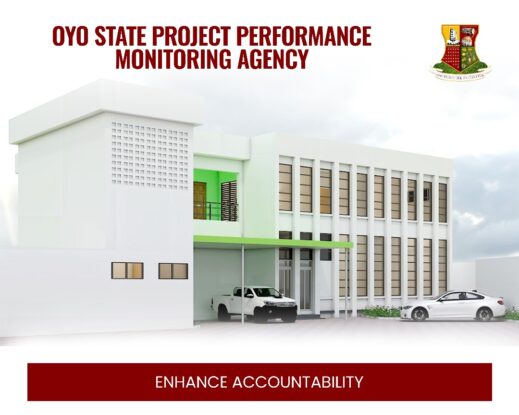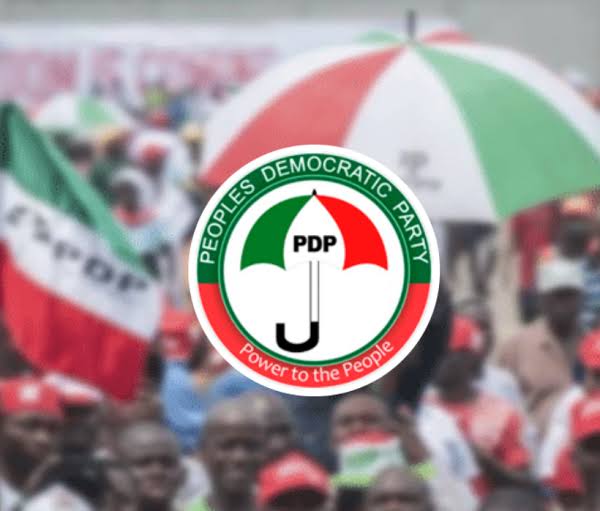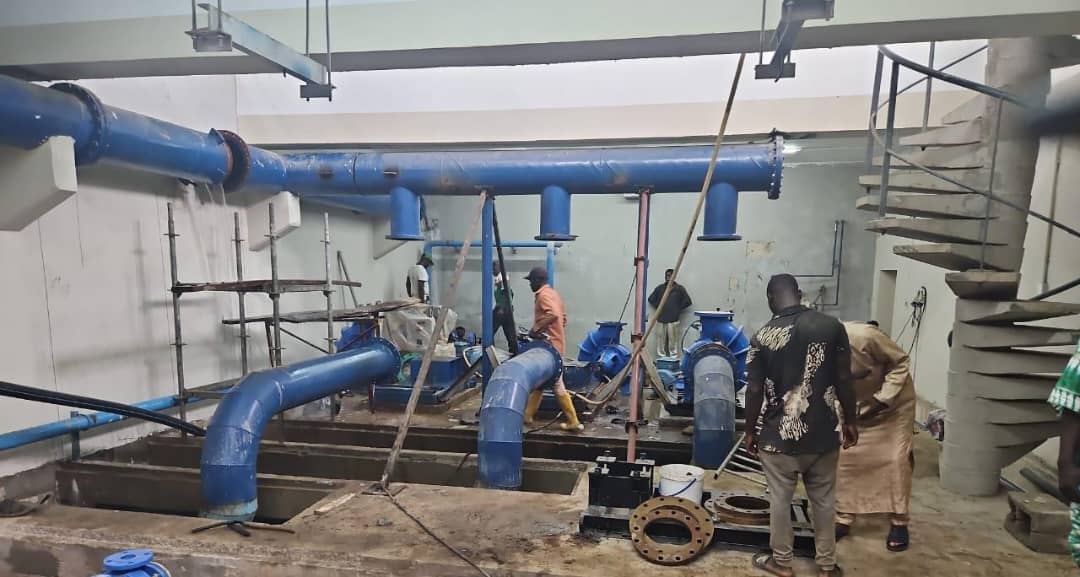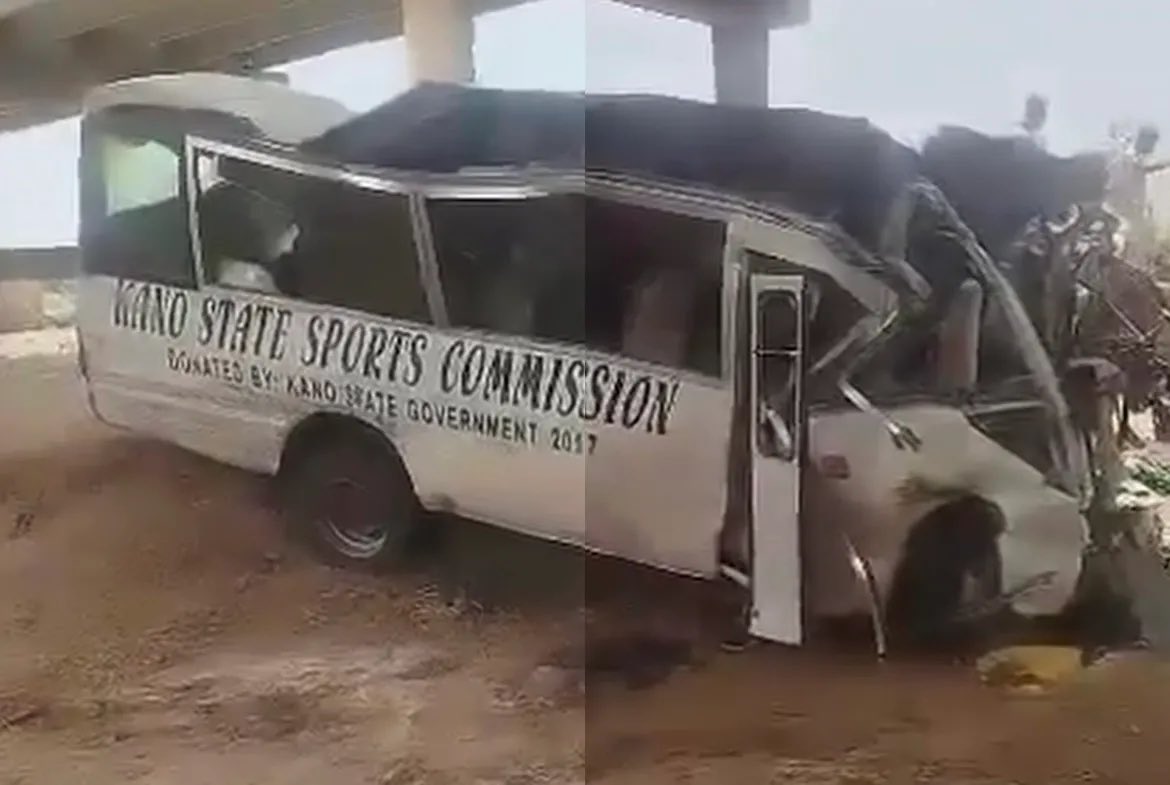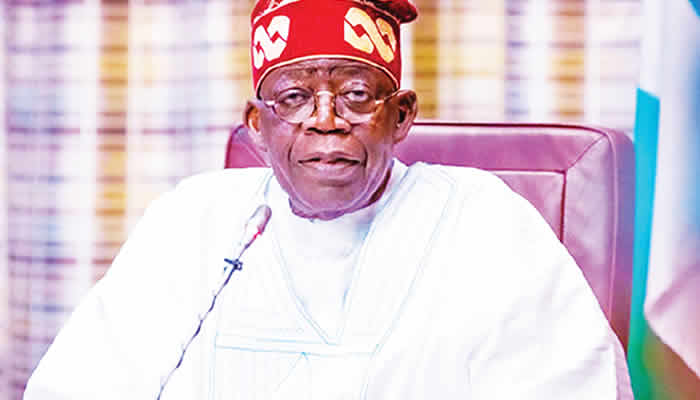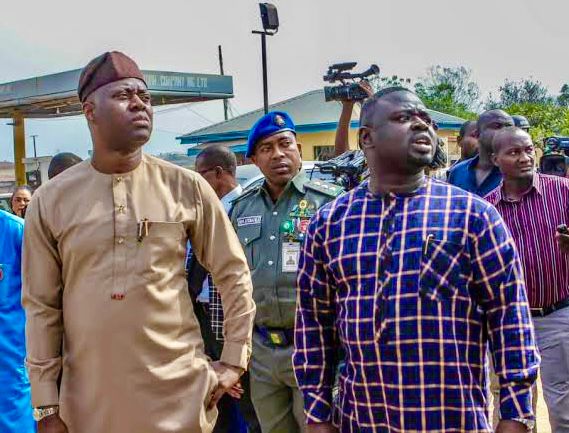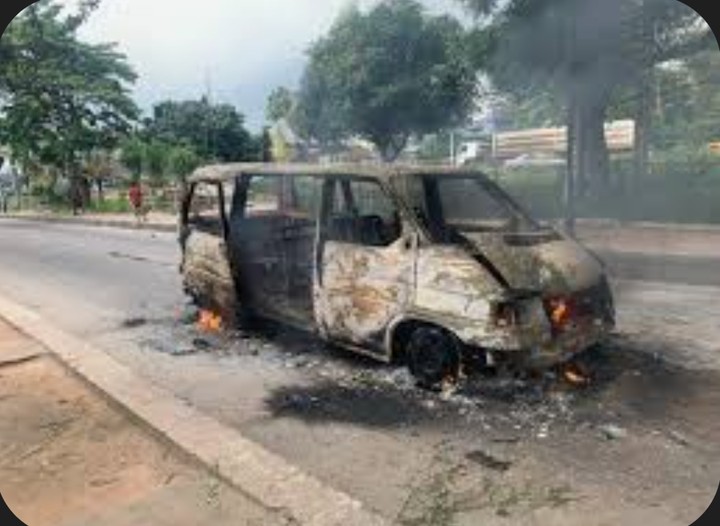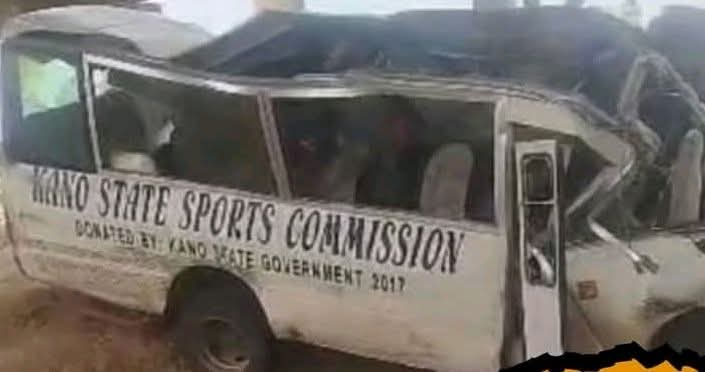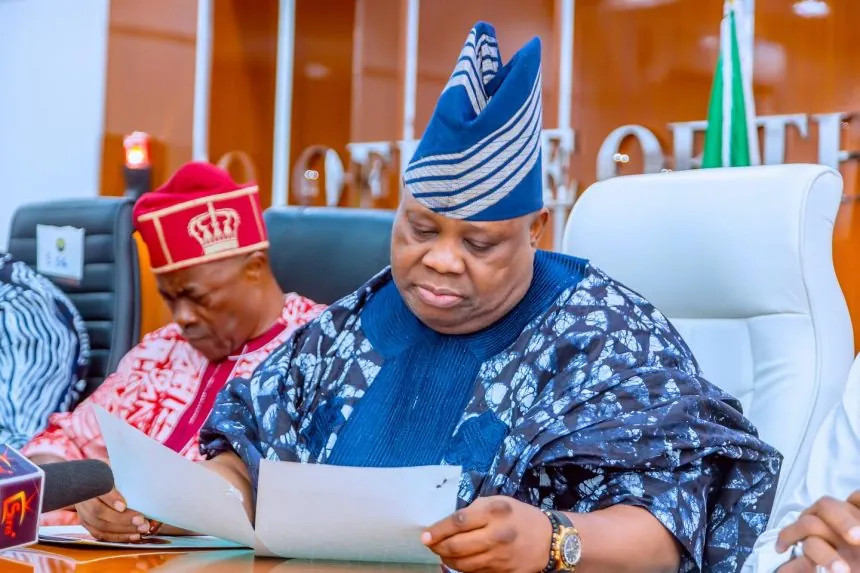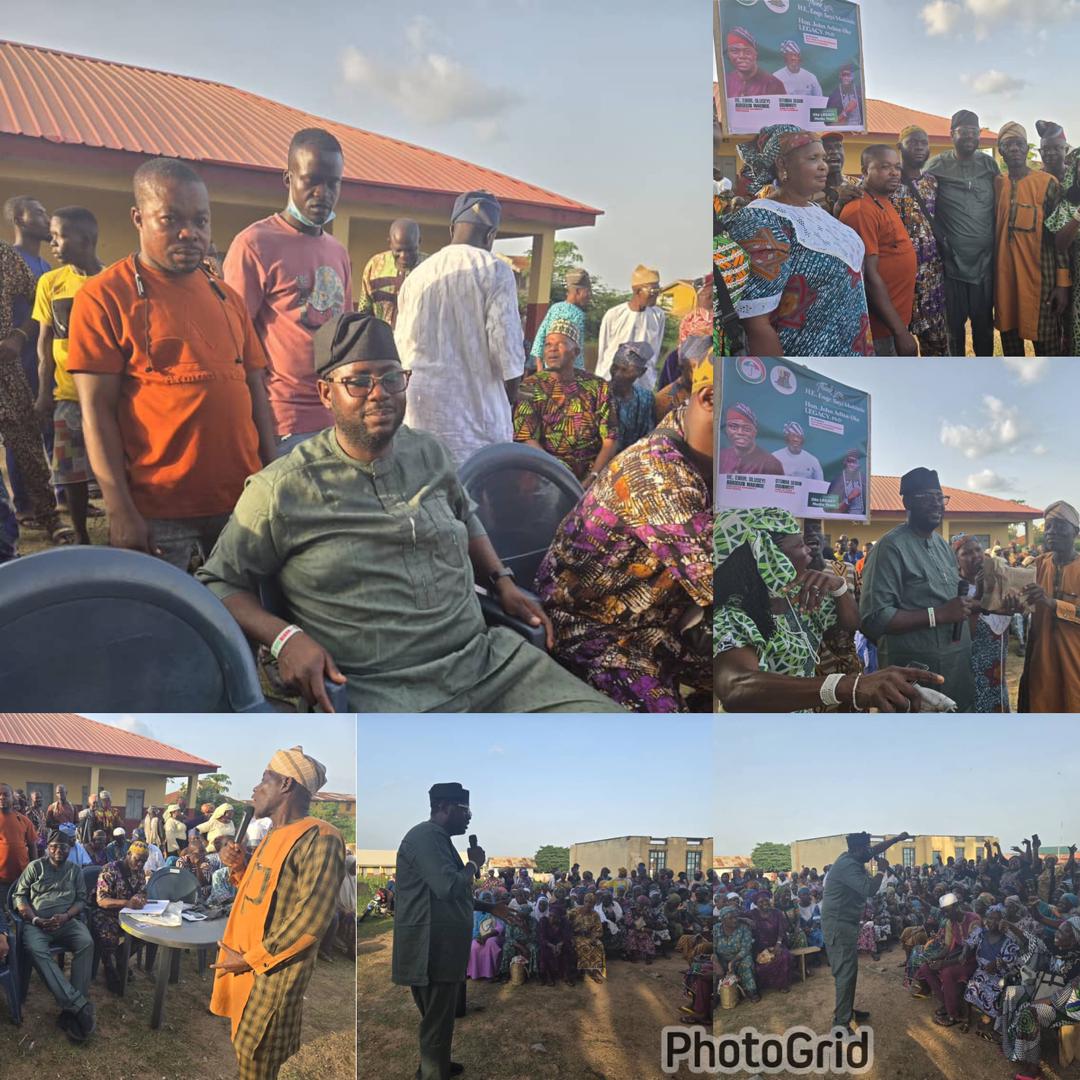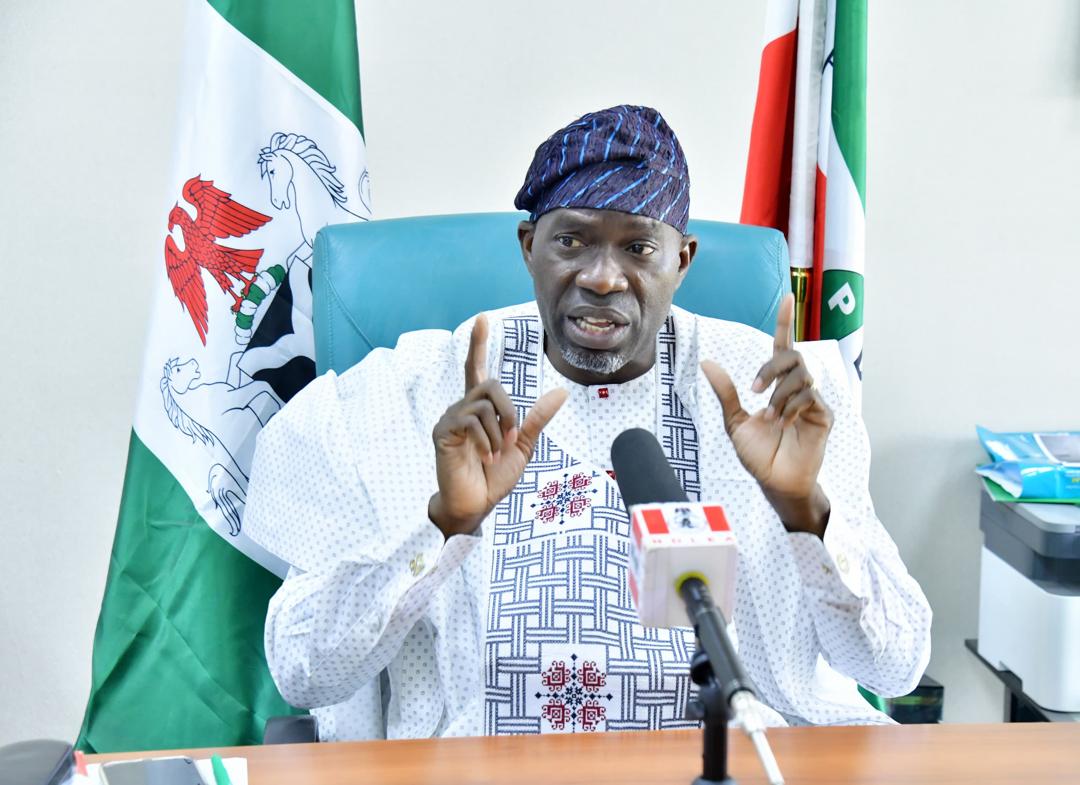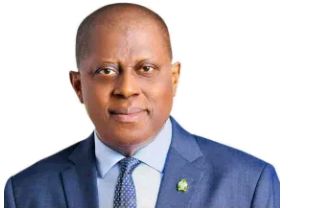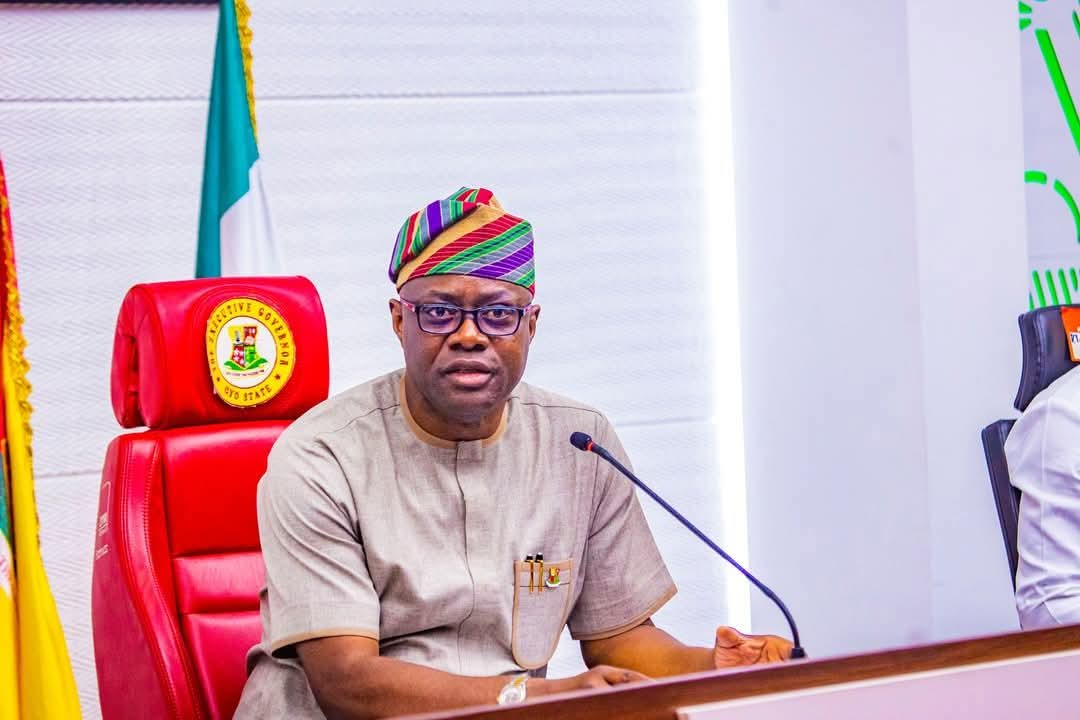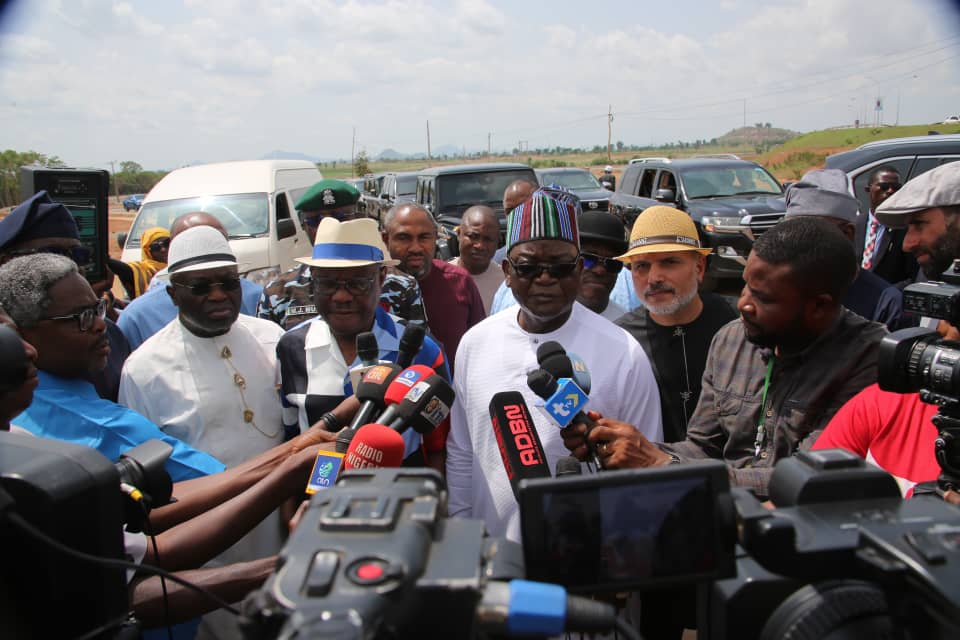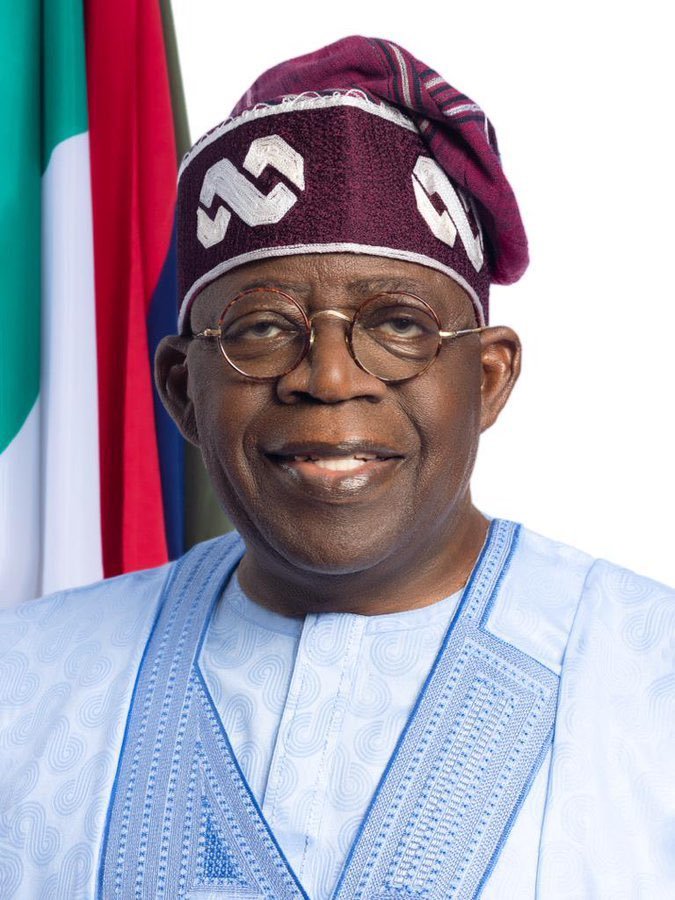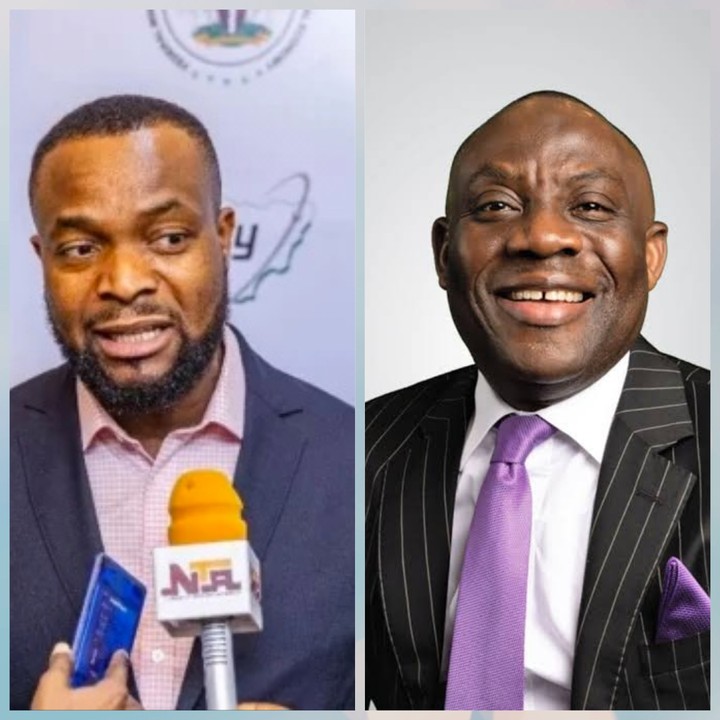Two major goals I hope to achieve before end of 10th National Assembly – Agboworin
The lawmaker representing Ibadan North East/South East federal constituency in the House of Representatives, Rep. Abass Adigun (Agboworin), has hinted on two major goals on his priority list, which he is hoping to achieve before the end of the 10th National Assembly in 2027.
The two-term lawmaker and Chairman, House Committee on Narcotic Drugs, stated that one of the goal is the Bill seeking to move the National Drug Law Enforcement Agency (NDLEA), which is currently under the Ministry of Justice, to the Presidency.
He gave the hint recently during an interview with a group of reporters in Abuja, stressing that his committee, among other aims, has prioritised the two goals for the benefit of Nigerians.
He added that another major goal is the establishment of government-owned and rehabilitation centres in each geopolitical zone of the country.
“Normally, we are supposed to have one government-owned rehabilitation centre per state but because of fund constraints, then, at least, one can be established in each geopolitical zone, making six. And it should be located in a remote part of whichever state it is established,” he stated.
Agboworin expressed that the idea emerged following discussions with the NDLEA Chairman, bothering on lack of proper rehabilitation centre in all the states.
In his words: “I am focused on achievements. A top priority is passing a crucial bill that will benefit the country, the NDLEA, and the 10th National Assembly. The bill has been passed and now before the President for assent.
“One key provision in the bill is the proposal to move the NDLEA under the Presidency instead of the Ministry of Justice. Given the nationwide drug crisis, this shift will ensure better funding, attention, and decision-making, particularly regarding personnel welfare.
“Drug abuse is rampant—affecting young people, women, and even children. If we do not act now, Nigeria risks facing a cartel-driven crisis similar to those in South America. This bill will help prevent that.
“Another major goal is the establishment of government-owned rehabilitation centres under the NDLEA. Unlike countries with structured recovery systems, Nigeria lacks federal rehabilitation facilities.
“Alongside Senator Dankwambo and other stakeholders, I am pushing for six major centres, one per geopolitical zone. These will provide two months of rehabilitation, two months of skills training, and one month of employment support, helping drug-dependent individuals reintegrate into society.
“Of course, funding remains a significant challenge as the NDLEA’s budget is inadequate. We are working to secure resources through the main or supplementary budget.
“This idea emerged after discussions with NDLEA commanders in states such as Nasarawa, Oyo, Osun, Kano, and Sokoto. It became clear that these states lack proper rehabilitation centres. Officers often have to rely on temporary locations provided by stakeholders to house drug-dependent individuals.
“Even universities and concerned individuals seeking the NDLEA’s help receive little response—not due to unwillingness, but because of inadequate funding. The agency struggles to finance its core operations, let alone rehabilitation efforts.”
He assured that his Committee would continue to work and appeal to the federal government to ensure the Bill is signed into law and ensure movement of NDLEA to the Presidency for better funding.
“That is why government intervention is crucial. We are appealing to the President, who has shown commendable support, to ensure this bill is signed into law. Moving the NDLEA under the Presidency will secure better funding and attention, enabling it to combat drug abuse effectively and establish well-structured rehabilitation centres nationwide,” he added.

